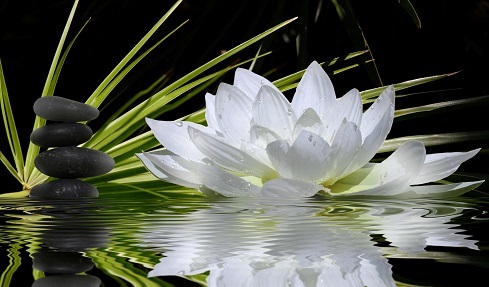Someone had asked on the web about how to benefit beings that were about to be killed in a market or some other places if there was not enough money to buy their freedom. The easy way is simply to recite the Buddha’s names to them. If you happen to have some pure nectar pills, feed them those. Otherwise, just recite the Buddha’s names and mantras. The merit of reciting and hearing the Buddha’s names and mantras is beyond imagination, which undoubtedly will benefit the poor beings. For example, as recorded in many sutras, simply by reciting the heart mantra of Shakyamuni Buddha (om muni muni maha muniye svaha) had in the past led many to the attainment of Buddhahood.
~Depicted from THE RIGHT VIEW -Liberating Living Beings











